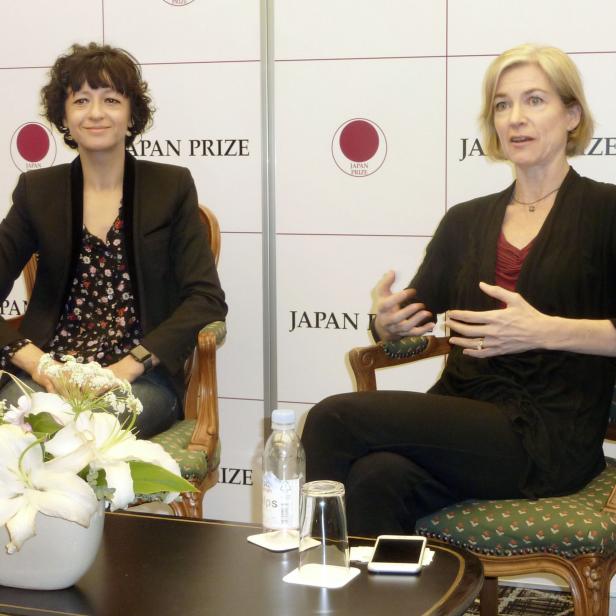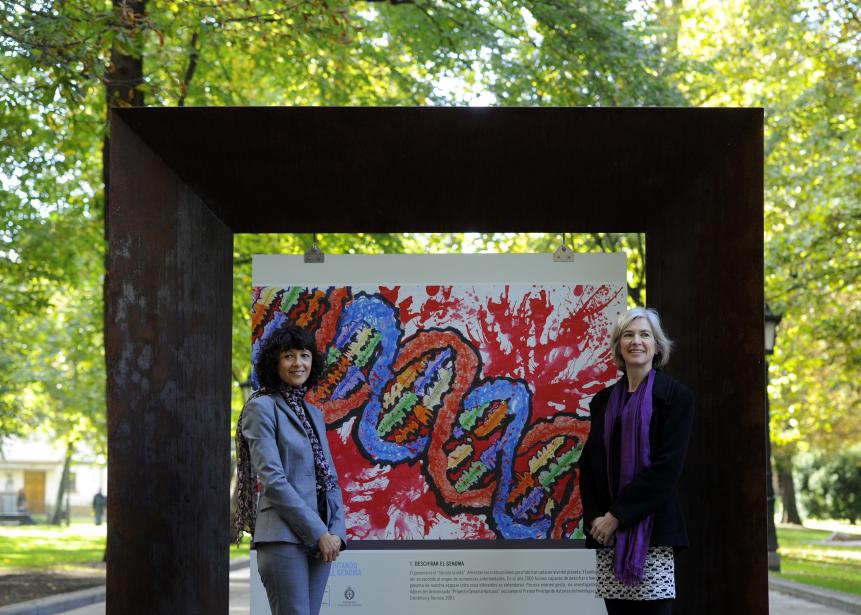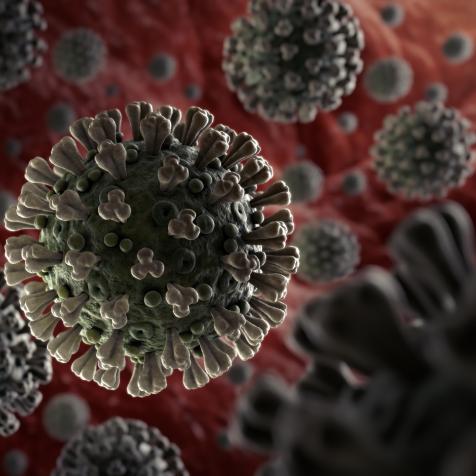
Kyodo News
The 2020 Nobel Prize for Chemistry Goes to... Genetic Scissors
The 2020 Nobel Prize for Chemistry was awarded this week to two reasearchers “for the development of a method for genome editing."
This week, the Royal Swedish Academy of Sciences awarded Emmanuelle Charpentier and Jennifer A. Doudna the Nobel Prize in Chemistry. These two biochemists worked together to discover the CRISPR/Cas9 genetic Scissors. This scientific triumph has revolutionized life sciences as it can change the DNA of plants, animals, and other microorganisms with epic precision.
Claes Gustafsson, the chair of the Nobel Committee for Chemistry, says, "There is enormous power in this genetic tool, which affects us all. It has not only revolutionized basic science, but also resulted in innovative crops and will lead to groundbreaking new medical treatments.” To specify, CRISPR/Cas9 has changed the way we study cancer treatments and inherited diseases.
These genetic scissors were born during research about something else entirely. Emmanuelle Charpentier was studying Streptococcus pyogenes in Berlin, the cause of many human infections, and discovered tracrRNA. This molecule lives within the bacteria's ancient immune system and it can essentially disarm the virus at a genetic level.
Charpentier then met Jennifer A. Douda, a biochemist and RNA expert from UC Berkeley, and so began their revolutionary and award-winning partnership. Together, they recreated and simplified the molecule in their lab.

MIGUEL RIOPA
French researcher in Microbiology, Genetics and Biochemistry Emmanuelle Charpentier (L) and US professor of Chemistry and of Molecular and Cell Biology, Jennifer A. Doudna pose beside a painting made by children of the genoma at the San Francisco park in Oviedo.
Since this discovery in 2012, CRISPR/Cas9 has charted new territory in life sciences revolutionized genetic research.
Emmanuelle Charpentier and Jennifer A. Doudna are an international, history-making pair, they are the first two women to share this specific Nobel Prize.





















.jpg.rend.hgtvcom.476.476.suffix/1567785339053.jpeg)